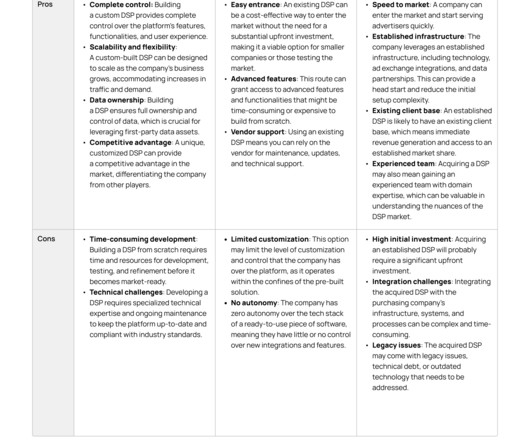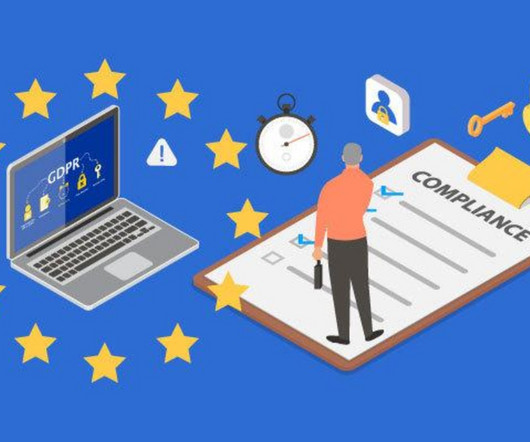Marketers seek adaptability amid a fragmented post-cookie landscape
Digiday
FEBRUARY 28, 2023
The signals marketers have traditionally used to both target online audiences and track the efficacy of such activities are on the wane as epitomized by the sunsetting of third-party cookies in the Google Chrome browser and Apple’s diminution IDFAs on iOS.












Let's personalize your content